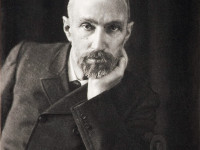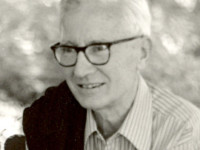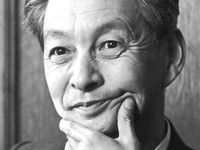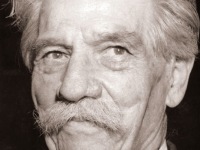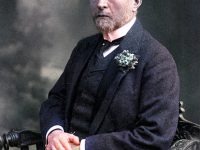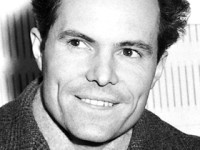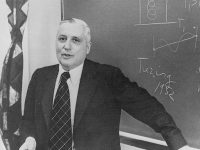Pierre Curie – A Pioneer in Radioactivity
On 19 April 1906, French physicist and Nobel laureate Pierre Curie died in an accident. A pioneer in crystallography, magnetism, piezoelectricity and radioactivity, he co-jointly received the Nobel Prize in Physics in 1903 with his wife, Marie Skłodowska-Curie, and Henri Becquerel, “in recognition of the extraordinary services they have rendered by their joint researches on the radiation phenomena discovered by Professor Henri Becquerel“.[9] “If one leaves a wooden or cardboard box containing a…
Read more

